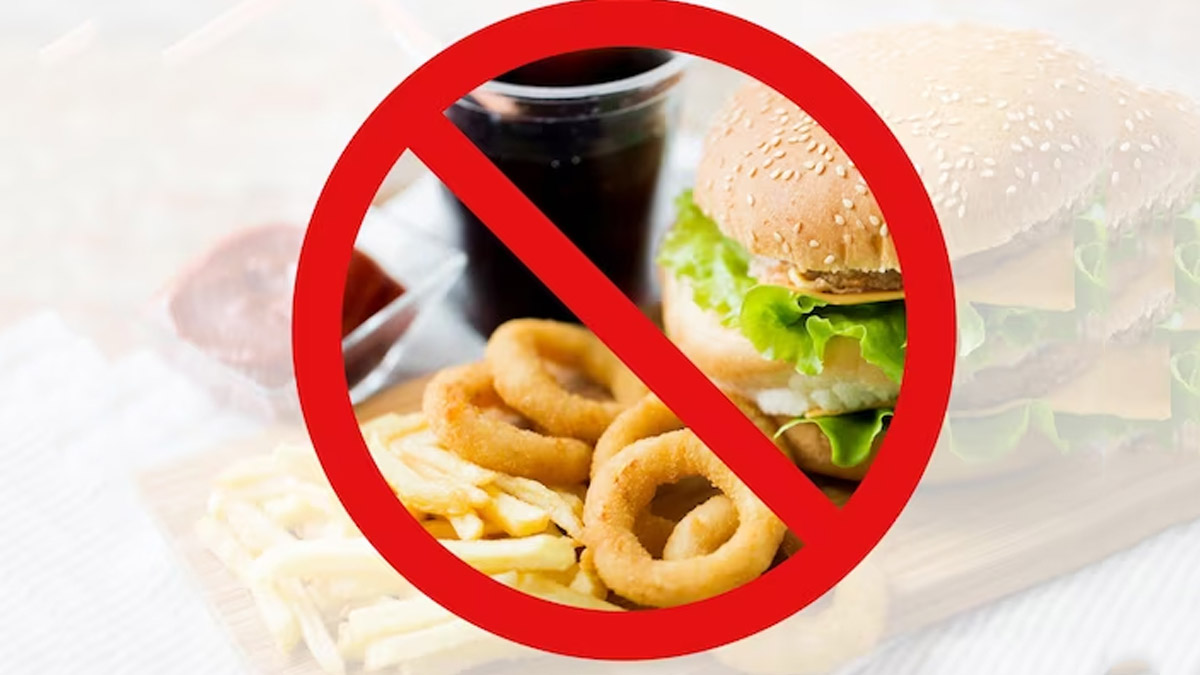
When it comes to pregnancy and early childhood, one of the biggest concerns for parents is ensuring healthy development of their baby. And, one of the best ways to do that is by ensuring that your baby’s brain development is proper. While genetics play a crucial role, research suggests that a mother’s diet during pregnancy and even before conception can significantly influence the baby’s cognitive growth, memory, and learning ability.
Table of Content:-
However, the real question is how much of an impact does food really have on the brain, and what nutrients matter most? The editorial team of Onlymyhealth, got in touch with our expert, Dr Suma Varsha, IVF Specialist, Ferty9 Fertility Center - Vijayawada, exclusively, and here is what she shared with us.
Link Between Mother’s Nutrition and Baby’s Brain Development
The human brain grows rapidly in the womb and continues to develop over the first two years of life. This formative period needs the proper building blocks, with loads of proteins, healthy fats, vitamins, and minerals, to create neural pathways, encourage myelination (the insulation of nerve fibres), and facilitate communication between brain cells.
A deficiency in necessary nutrients not only retards development but can also result in long-term consequences for memory, learning, and even emotional stability. That's why Dr Varsha emphasised that a balanced mother's diet ranks equally with prenatal care.
Also Read: Can Your Daily Nap Do More Harm Than Good? Find Out Here

Nutrients That Boost Baby's Brain Growth
Talking about the nutrients that boosts baby’s brain development, Dr Varsha listed down the following foods:
1. Omega-3 Fatty Acids (DHA & EPA)
Found in fatty fish, walnuts, flaxseeds, and chia seeds, omega-3s are essential for the creation of brain cell membranes. DHA is especially important for building the cerebral cortex, which is the region of the brain that is involved with thinking and memory.
2. Folic Acid
Regularly suggested as a prenatal supplement, folate aids in the development of the neural tube, which becomes the baby's brain and spinal cord. Dark leafy greens, beans, and fortified cereals contain folic acid.
3. Iron
Iron deficiency pregnancy has been associated with reduced cognitive functioning in children. Lean meats, legumes, and spinach are rich sources of iron that ensure oxygen to the brain.
4. Choline
Underestimated, choline found in eggs, chicken, and soybeans assists in memory and learning by affecting communication in brain cells.
5. Iodine
Needed to make thyroid hormone, iodine aids overall brain development. Iodised salt, milk, and seaweed are convenient ways to meet the body's requirements.

Foods to Limit or Avoid
While certain foods stimulate brain growth, others may hinder it. “Too much sugar, processed foods, and excessive caffeine can disrupt nutrient uptake and raise the risk of complications. Likewise, fish containing high levels of mercury (such as king mackerel and swordfish) are to be avoided during pregnancy because they can harm the baby's brain,” Dr Varsha added.
Dr Varsha also pointed out that the first 1,000 days after the birth of your baby is equally important. The most important days for brain development are from birth to age 2. She highlighted that lactation, with the subsequent introduction of nutrient-dense complementary foods, continues to influence cognitive outcomes through childhood. So, feed your baby and yourself cautiously.
Bottomline
Yes, your diet can actually impact your baby's brain development. While you don't have to worry about every bite, eating nutrient-dense foods and prenatal vitamins (as directed by your healthcare provider) can help a lot in aiding your child's future academic and memory skills. Take it this way that nourishing your body is really the same as nourishing your baby's brain.
How we keep this article up to date:
We work with experts and keep a close eye on the latest in health and wellness. Whenever there is a new research or helpful information, we update our articles with accurate and useful advice.
Current Version
Sep 10, 2025 17:23 IST
Published By : Tanya Srivastava